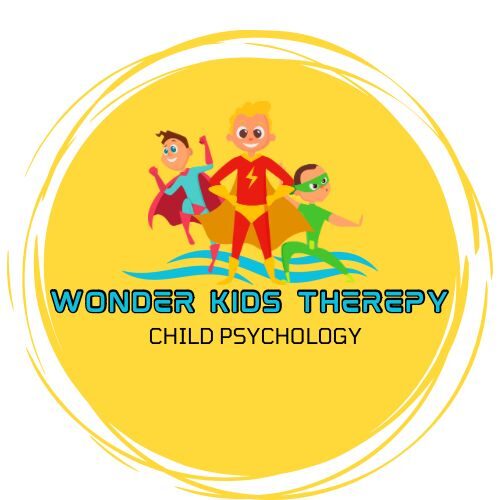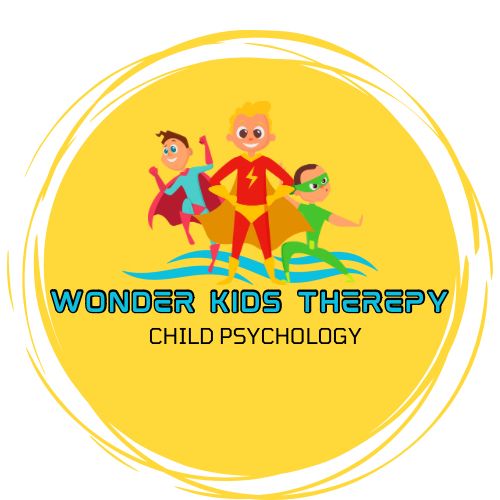How Psychological Therapy Can Help Parents and Kids
Parenting can be a rewarding and fulfilling experience, but it can also come with its fair share of challenges. From dealing with behavioral issues to managing emotions, parents often find themselves in need of support and guidance. Similarly, children may face their own struggles, such as anxiety, depression, or difficulties in school.
Psychological therapy can be a valuable tool for both parents and kids to navigate these challenges and improve their overall well-being. Here are some ways in which therapy can help:
1. Enhancing Communication and Relationships
Effective communication is the foundation of a healthy parent-child relationship. Therapy can provide a safe and supportive environment for parents and kids to express their thoughts and feelings openly. A therapist can help facilitate productive conversations, teach active listening skills, and promote understanding between family members. By improving communication, therapy can strengthen relationships and foster a sense of connection within the family.
2. Developing Coping Strategies
Life can be stressful, and children are not immune to the pressures and challenges they face. Therapy can help kids develop effective coping strategies to manage stress, anxiety, and other difficult emotions. Through various therapeutic techniques, such as cognitive-behavioral therapy (CBT) or play therapy, children can learn how to identify and regulate their emotions, problem-solve, and build resilience. These skills can have a lasting positive impact on their mental health and overall well-being.
3. Addressing Behavioral Issues
Behavioral issues are not uncommon in children, and they can sometimes be a source of frustration and concern for parents. Therapy can provide parents with the tools and strategies to address these issues effectively. A therapist can help identify the underlying causes of the behavior and work with both parents and children to develop appropriate interventions. By understanding the root causes and implementing targeted interventions, parents can support their children in developing healthier behaviors.
It is important to note that therapy is not only beneficial for children but also for parents. Parenthood can bring its own set of emotional challenges, and therapy can provide parents with a safe space to explore their own feelings, fears, and concerns. By addressing their own emotional well-being, parents can better support their children’s growth and development.
In conclusion, psychological therapy can be a valuable resource for both parents and kids. It can enhance communication and relationships, develop coping strategies, and address behavioral issues. By seeking therapy, parents and children can work together to navigate the challenges of parenting and promote overall well-being.

